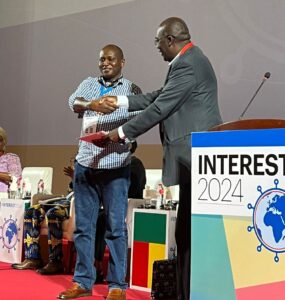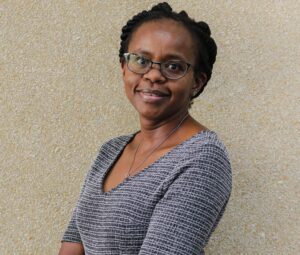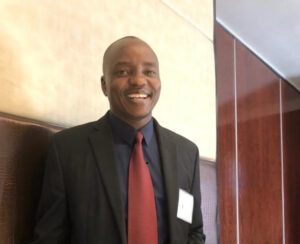The CARTA program was developed to address the training and retention of the next generation of academics at African academic institutions. Our fellows—staff of partner institutions—who come from various disciplines, such as public health, demography, anthropology, communication, and economics, among others, are bound by research that contributes to public and population health issues in Africa.
Central to the training program for CARTA fellows is a series of seminars referred to as residential Joint Advanced Seminars (JAS). They are designed to enhance the fellows’ skills and knowledge; guide and propel them through the research process; and provide a foundation for building networks of researchers, peers, and mentors. The residential training offers the advantage of getting the fellows to focus entirely on specific program tasks, learn collaboratively, interact with local and international facilitators, and develop and consolidate professional networks. The JASes are offered to each cohort for four weeks, two in the first year, one in the third year, and one at the beginning of the fourth year of fellowship, in a bid to build skills and conceptual depth throughout the program.
Just like the whole world interrupted non-essential traveling, CARTA had to adapt its training during 2020 to make it feasible during the pandemic. In the first phase of the adapted JAS2 last November, the fellows had two weeks of light on-line engagement and two intense weeks of on-line learning with residential stays within their regions to minimize exposure during the pandemic period but maximize protected time to advance in their PhD protocols.
Joint Advanced Seminar 2
JAS 2 aims to equip the fellows with the skills necessary to generate, manage, and analyze quantitative and qualitative data and select the appropriate research study design for their chosen study. Furthermore, it enables them to state the limitation of various research methodologies, critically review research articles and presentations, and analyze and synthesize research data to produce a conference-quality poster.
Jude Igumbor, a CARTA Focal person at the University of the Witwatersrand, is central in the organization JAS 2. He terms it as “one of the most challenging JASes for CARTA fellows as they are expected to form a novel research idea worthy of a PhD, using appropriate study designs and methodologies.” He explains that this is because of each cohort’s ‘multi-disciplinarity’ in the early developmental stage of their academic career and abilities.
The recent JAS 2 was a virtual event that began on November 2, 2020. One Cohort Nine fellow and 25 Cohort Ten fellows from Nigeria, Kenya, Malawi, South Africa, Tanzania, Rwanda, and Uganda participated in the online sessions.
For Justin Kumala, a CARTA fellow at the University of the Witwatersrand, who was also involved in the organization, there was a lot of uncertainty, initially. “It called for a lot of testing and adjusting on our part to ascertain readiness. I have been privileged to participate in the planning of JAS 2 at Wits since 2017, and every JAS has been unique. This time around, there was a lot of teleconferencing than perhaps in all those years combined,” he said. Kumala hopes that after JAS 2, fellows will have a good sense of direction for their planned research and can prepare for implementation. “As organizers, we wanted to see that every fellow got the support they needed to refine their PhD research idea.”
Igumbor sees the benefits of a virtual JAS 2 and is optimistic about a brighter virtual future for the JAS. He says that the virtual space allows the cost and logistical efficiency of including more stakeholders and experts. “We have tried to develop contingencies based on our university e-learning experience in the last seven months. The lessons from this first virtual JAS can be used to develop seamlessly blended JAS events in the future,” he said.
JAS 2 will continue in March 2021.




